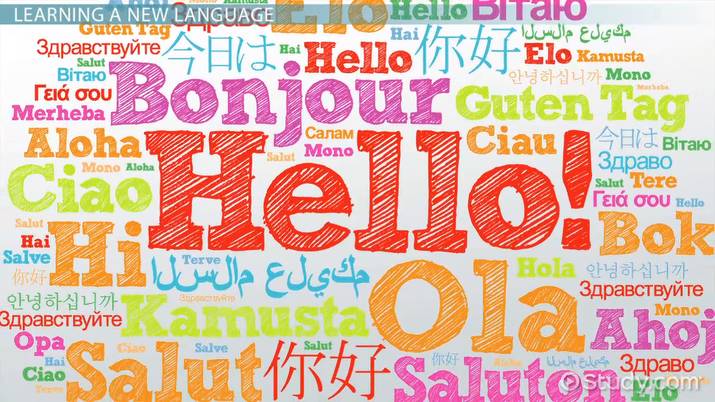Routine Activities for Language Students Preparing for Exams
Let your daily routine be a bridge between where you are now and where you want to be, fluent, confident, and exam-ready.
17-06-2025The best test tools for language learners combine comprehensive skill assessment, feedback, and adaptability to individual needs.
Learning a new language is a challenging journey. Testing is one of the most effective ways to measure progress and reinforce knowledge. Language tests help assess vocabulary, grammar, and comprehension, boost confidence, and highlight areas for improvement. Selecting the right testing tools is essential for language learners who aim to measure progress, identify strengths and weaknesses, and achieve fluency. Modern language testing has evolved far beyond traditional paper exams, offering many digital and adaptive solutions that cater to individual learning needs and goals. This article explores the best testing tools that every language learner should consider.
Standardised Tests: Widely recognised exams such as TOEFL, IELTS, TEF, and Cambridge English assess all core language skills—reading, writing, listening, and speaking. They are essential for academic admissions, job applications, and immigration purposes.
Placement Tests: Used to determine a learner’s proficiency and place them in the appropriate class or course, common in language schools and online platforms.
Diagnostic Tests: Focus on identifying specific areas of strength and weakness, allowing for targeted learning plans.
Performance-Based and Task-Based Assessments: Require learners to perform real-world tasks in the target language, reflecting practical language use.
1. Duolingo: Fun, Gamified Testing
Best for: Beginners and casual learners
Languages offered: 40+
Duolingo integrates testing into its lessons, with unit checkpoint tests that reinforce vocabulary, grammar, and sentence construction. Its separate Duolingo English Test is a certified exam accepted by many institutions.
Pros: Bite-sized, gamified tests; adaptive difficulty; mobile-friendly
Cons: Less effective at advanced levels; limited speaking and writing evaluation.
2. TestGorilla
Best for: Comprehensive language and skills assessment
Offers 300+ tests, custom questions, detailed reports, and analytics.
Pros: Wide language coverage; user-friendly interface; free plan; robust analytics
Cons: No live video interviews.
3. Testlify
Best for: European language testing, business use
Provides fluency levels, API integration, white-label options, and video interviews.
Pros: Comprehensive library; easy to use; various proficiency levels
Cons: Limited language tests; no free plan.
4. Italki Language Challenges and Mock Tests
Best for: Personalised, tutor-driven testing
Languages offered: 100+
Italki allows booking lessons with native speakers who offer mock tests and exam prep (e.g., DELE, JLPT, IELTS), providing actionable feedback in real test environments.
Pros: Customised assessments; speaking and writing feedback; flexible scheduling
Cons: Variable cost; dependent on tutor experience.
5. Quizlet
Best for: Vocabulary and grammar practice
Interactive flashcards, quizzes, and study games ideal for self-study and memorisation, with built-in vocabulary tests.
Pros: Highly customisable; engaging study modes; free plan available
Cons: Limited formal assessment features.
Other recommendable tools include Socrative, ProWritingAid, and CEFR online quizzes.
Ultimately, the best test tools combine comprehensive skill assessment, clear feedback, and adaptability to individual needs. Whether you’re preparing for formal certification or enhancing classroom engagement, these digital solutions help language learners track progress and target improvement areas effectively.
Spread the Knowledge! 🚀
Found this article useful? Click the Share button below and let others benefit too!

Let your daily routine be a bridge between where you are now and where you want to be, fluent, confident, and exam-ready.
17-06-2025
The future of language education is bright and dynamic, powered by innovation yet rooted in human connection.
20-06-2025
There’s no shortcut to speaking a second language without having a good amount of vocabulary in the target language.
15-02-2025